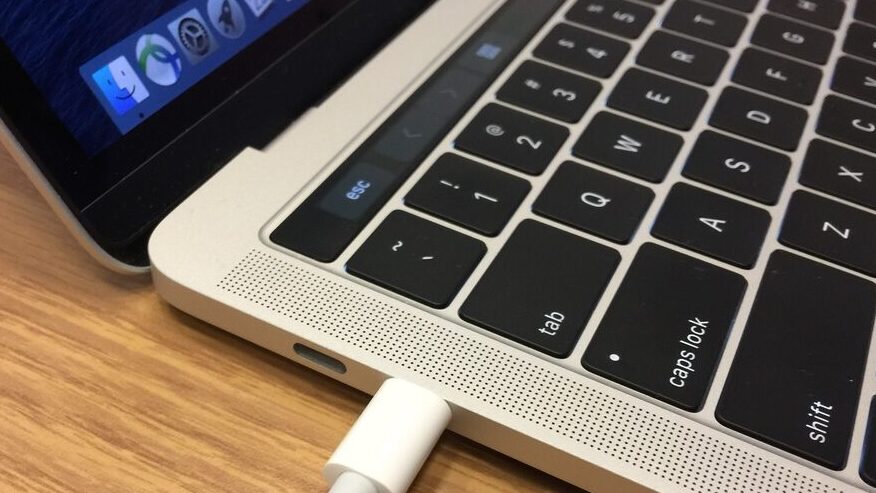
Excellence in
Written Communication
The latest winners of the WCOM 206 Excellence in Written Communication Award have been announced. Please join me in congratulating Paolo Fiorilli, Theodore Glavas, and Timothy Adams!
These undergraduate engineering students have excelled among their peers. Their winning papers have been added to our digital repository, eScholarship@McGill, and made freely available to the world. Take a look at the abstracts below and follow the title links to read the full text.
Winter/Summer 2020
Paolo Fiorilli – Analysis of Alternative Insulating Gases to Replace SF6 in Electric Power Equipment
SF6 gas is an excellent electrical insulator that has been widely used in the power industry for decades, but its status as a powerful greenhouse gas has led to increasing pressure to find an alternative. The objective of this paper is to compare the properties of two novel replacement insulators, Novec 4710 and Novec 5110, and show that Novec 5110 is marginally superior in warm climates. The analysis will be performed using three criteria: electrical properties, assessed through dielectric strength and using boiling point to determine suitable operating temperatures, toxicity, evaluating mainly the median lethal dose and operational exposure limit, and environmental impact, established through the gas’ global warming potential. The analysis will show that for climates where the temperature does not fall below 0, Novec 5110 is the ideal choice because it results in a 99.996% reduction in warming potential and is the safest substance to handle. It is therefore recommended that Novec 5110 be adopted for insulating purposes in warm climates, while Novec 4710 is an excellent second choice with better insulating potential and a lower environmental impact relative to SF6 that is more suitable for colder regions.
Winter/Summer 2021
Theodore Glavas – Future Data Storage Mediums for High-Capacity Solutions
The amount of data produced by humanity each day is set on an exponential trend. As data production increases, the demand for data storage also grows. Current storage technologies cannot keep up with the extreme rate of growth, so new approaches to data storage must be considered. Quartz glass optical storage, holographic storage and DNA storage are three promising technologies that may become widely used in the future. The crucial factors necessary for these storage technologies to succeed are their storage density, transfer speed and commerciality. As of now, quartz glass optical storage leads the way as the most promising solution for large volume, low access data storage. However, research into DNA sequencing from other unrelated fields could make DNA archival storage more appealing than quartz glass in the longer run.
Fall 2021
Timothy Adams – Stability of Transtibial Socket Suspension Systems for Clinical Recommendation
Most currently available transtibial prosthesis socket suspension systems do not adequately secure the prosthetic to the residual limb. This leads to impaired biomechanical functionality, prosthesis control, and harm to the residual limb skin. Hence, it is imperative that the optimal suspension system is determined to mitigate these effects. It is concluded that out of three suspension systems, the vacuum-assisted suspension is the optimal solution as opposed to the suction and pin-lock suspension systems. It is shown that the vacuum-assisted suspension yields the minimum amount of pistoning, the second highest negative distal interface pressure during the swing phase of the gait cycle, and the minimal amount of residual limb volume loss. Although the pin-lock suspension has a greater negative distal interface pressure, the system tightly squeezes the residual limb in the process. This indicates that the vacuum-assisted suspension is a superior solution in this respect as it produces a marginally lesser amount of pressure without bringing about residual limb skin issues.
